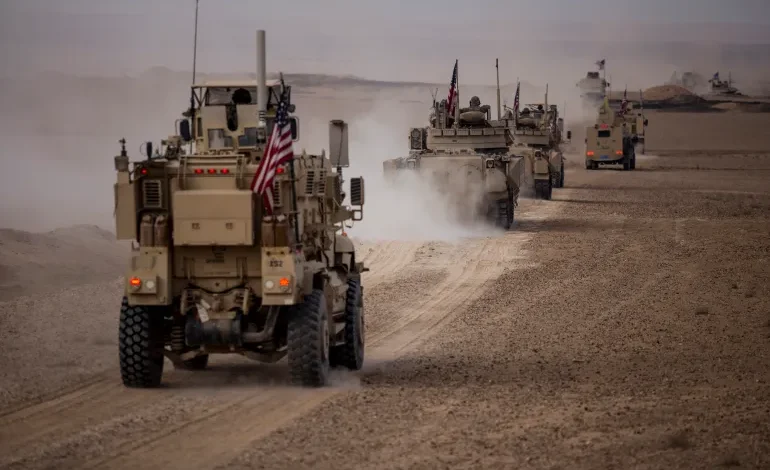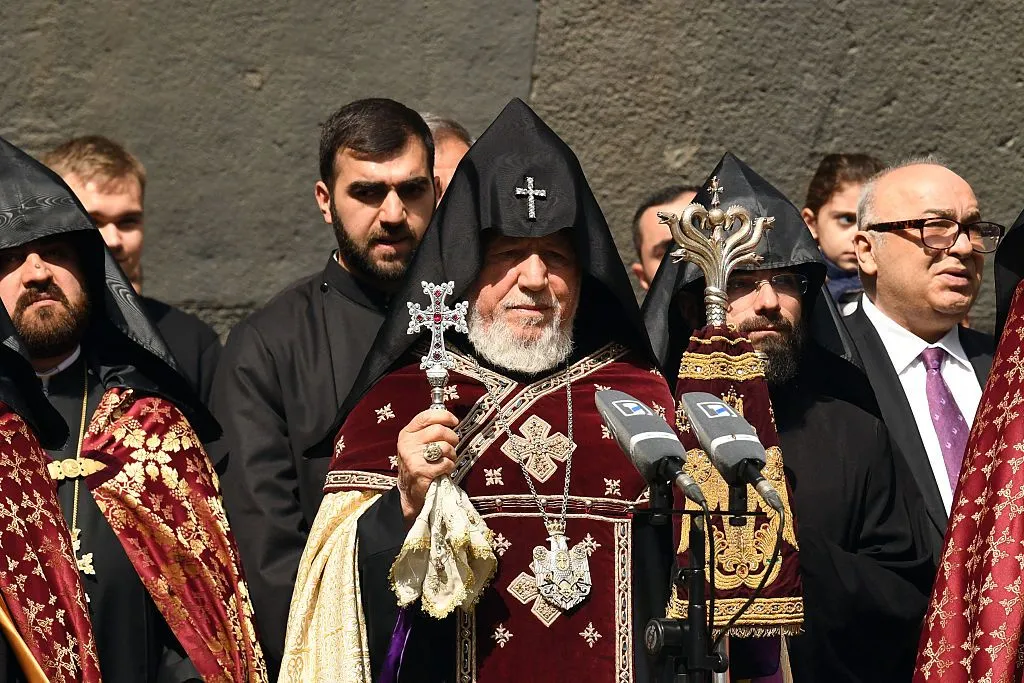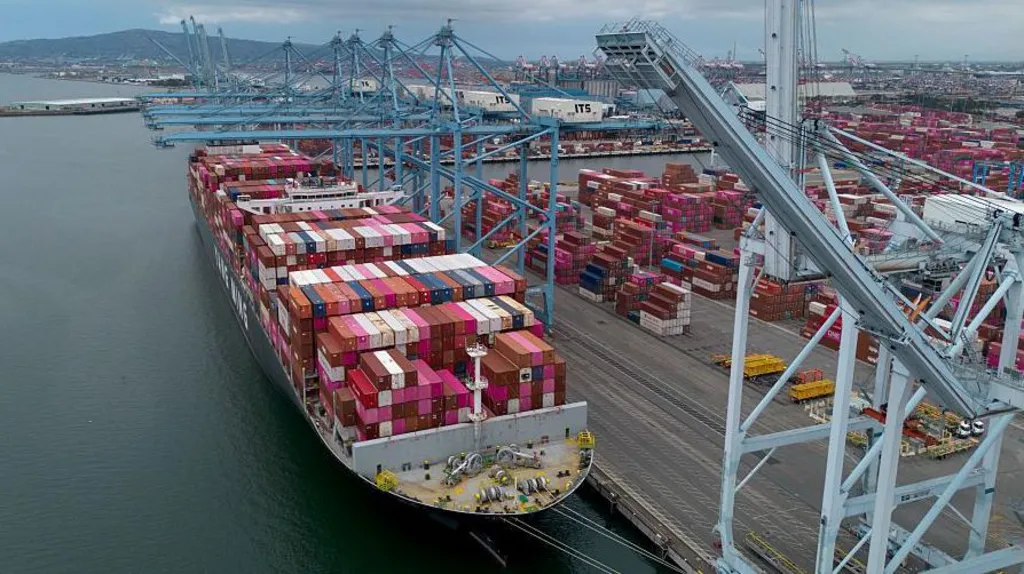US to Shut Down Most Military Bases in Syria Amid Policy Overhaul

The United States will shut down the majority of its military bases in Syria, consolidating operations to a single location in Hasakah province, according to a major policy announcement by the new US special envoy to Syria, Thomas Barrack.
In an interview aired Monday on Turkish broadcaster NTV, Barrack—recently appointed by President Donald Trump as both ambassador to Turkiye and special envoy for Syria—declared the drawdown a sharp break from decades of US involvement in the war-torn country.
“Our current Syria policy will not resemble the Syria policy of the last 100 years—because none of those policies worked,” Barrack said.
The shift will see the US military exit seven of its eight current bases across Syria, including those in Deir Az Zor province in the east. American operations will now be concentrated solely in Hasakah, in the country’s northeast.
Two security sources told Reuters that the relocation of military hardware and personnel had already begun.
While the Department of State has not confirmed precise numbers, a spokesperson said troop levels would be adjusted “if and when appropriate,” based on operational needs.
Currently, the US maintains an estimated 2,000 troops in Syria, primarily working alongside the Syrian Democratic Forces (SDF) in the fight against the remnants of the ISIL (ISIS) group.
The SDF, dominated by the People’s Protection Units (YPG)—a Kurdish militia—is a key US partner but a controversial one. Turkey, a NATO ally, regards the YPG as an extension of the Kurdistan Workers’ Party (PKK), a group long designated as a terrorist organization by Ankara.
While the PKK recently announced its disbandment, tensions remain high. Turkish President Recep Tayyip Erdogan last week accused the SDF of employing “stalling tactics” despite a reported agreement to integrate into Syria’s national army.
Barrack acknowledged the complexity, calling the SDF “a very important factor” for US policymakers.
“Everyone needs to be reasonable in their expectations,” he said, adding that integrating the SDF into the national military structure is now a US priority.
The shift in military posture comes after a dramatic change in Syria’s leadership. Former President Bashar al-Assad was ousted in December, and international recognition has since shifted to his successor, President Ahmed al-Sharaa.
As part of Washington’s reengagement, Barrack recently raised the US flag over the ambassador’s residence in Damascus—the first such symbolic act since the American mission was closed in 2012.
This policy shift also coincides with broader regional diplomacy: Saudi Arabia and Qatar announced joint funding of Syrian state salaries last week, and Israel has reportedly resumed attacks in western Syria even amid indirect talks to reduce tensions.
With input from Al Jazeera, Reuters, NTV









The latest news in your social feeds
Subscribe to our social media platforms to stay tuned